Feijóo doesn't get the accounts to table a motion of censure against Sanchez
The PP needs 176 votes in Congress to dismiss the President of the Spanish Government, Pedro Sánchez, by means of a motion of censure. The most viable or feasible options would be to get Junts or the support of the PNV with Vox.

PP leader Alberto Núñez Feijóo. Photo: EFE
Alberto Núñez Feijóo's PP needs 176 votes in Congress to dismiss the President of the Spanish Government, Pedro Sánchez, by means of a motion of censure. With the current composition of the lower house, the sum of the People's Party (137 deputies) and the far-right Vox (33) is insufficient (170), so both would need the support of a third party.
Together with Vox, the Sumps (27 MPs), ERC (7), Junts (7) and EH Bildu (6) would allow Sanchez to leave La Moncloa, that is, it would suffice for one of these groups to support the motion.
In the case of Carles Puigdemont's party, it would be possible because of a greater political proximity to positions on certain issues. Feijóo has already tried several times to put pressure on Junts in this legislature.
In this sense, the PP leader has also tried to approach the PNV (5 MPs) to join the motion with Vox, but the jeltzales have so far refused to support an initiative that the ultra-right-wing party is in the equation. In any case, despite the support of the PNV, in that case it would need the support of another MP to move the motion forward, which could come from the mixed group (UPN, BNG, Podemos, CC...).
What is a motion of censure and how many have been tabled?
The motion of censure is laid down in articles 113 of the 1978 Spanish Constitution and 175 to 179 of the Rules of Procedure of the Congress of Deputies, and must be proposed by at least one tenth of the representatives of the Congress of Deputies (currently 35 deputies), and a candidate for the Presidency of the Government must be nominated.
The vote on the motion of censure shall require an absolute majority of affirmative votes in the Congress of Deputies to succeed. If the motion of censure is adopted, the Government shall submit its resignation. The motion of censure shall be deemed to give confidence to the proposed candidate and the King shall appoint him President of the Government.
The motion of censure in the Spanish State is constructive , that is, the group tabling the motion of censure at the same time proposes a new President of the Government. It is also a continuing initiative, that is, it does not call early elections.
So far there have been six motions of censure against Presidents Suarez (1980), Gonzalez (1987), Rajoy (2017 and 2018) and Sanchez (2020 and 2023). The first three were rejected. The fourth was passed on June 1, 2018, and candidate Pedro Sánchez was appointed President of the Spanish Government.
On 31 May and 1 June 2018, the motion of censure against the Government of Mariano Rajoy, tabled by Margarita Robles (PSOE) and 83 deputies, brought Pedro Sánchez to power.
Subsequently, two more motions of censure have been tabled against the coalition governments of Sanchez, both of which were tabled by Vox and rejected by the House. The first was debated on 21 and 22 October 2020 by Santiago Abascal, who was a candidate, and supported by the 51 members of the far-right. On 21 and 22 March 2023, the second motion of censure by Vox was debated.
You might like
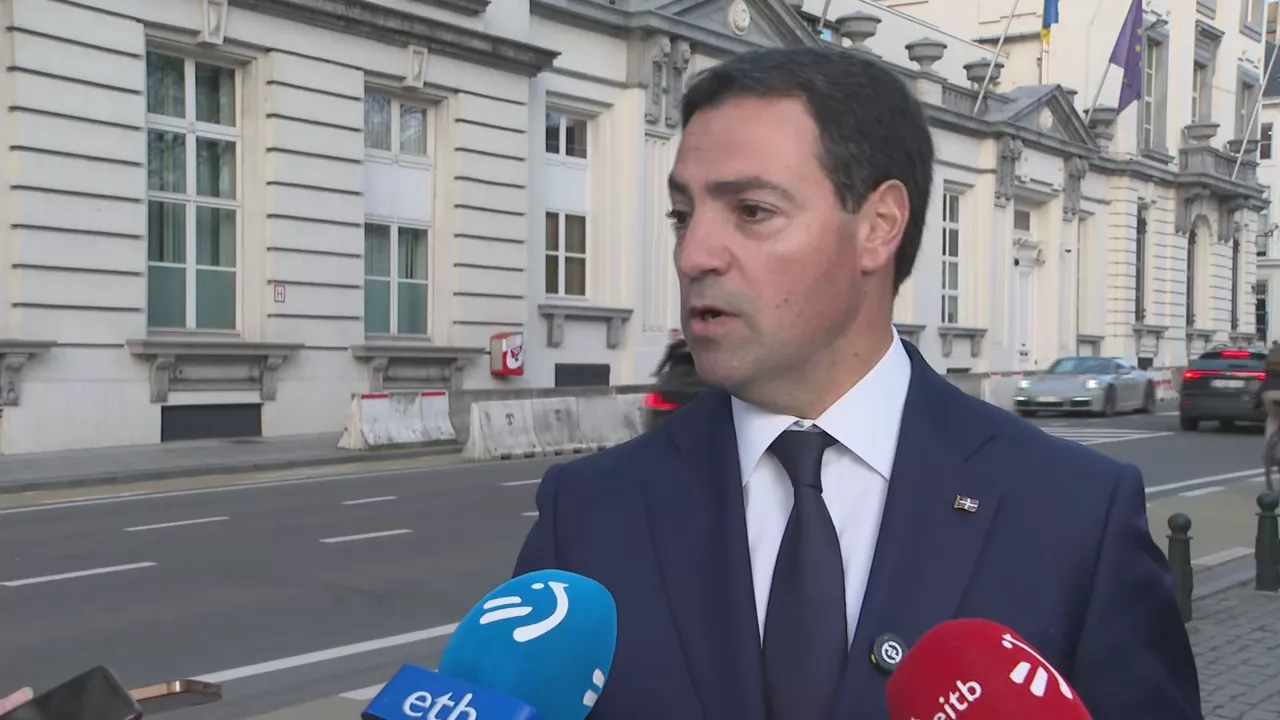
The lehendakari says Belgium is "an ally" in various fields for the Basque Country
The President, Imanol Pradales, met today in Brussels with Belgian Prime Minister Bart De Wever, who sees possibilities for cooperation between the two countries in various areas, including industry, the official status of the Basque Country and the Atlantic Macroregion.

The trial against Abalos and Koldo will begin on April 7 at the Supreme Court
They shall be tried for alleged offences of bribery, trafficking in influence, embezzlement, criminal organization, use and use of insider information, falsehood and prevarication.
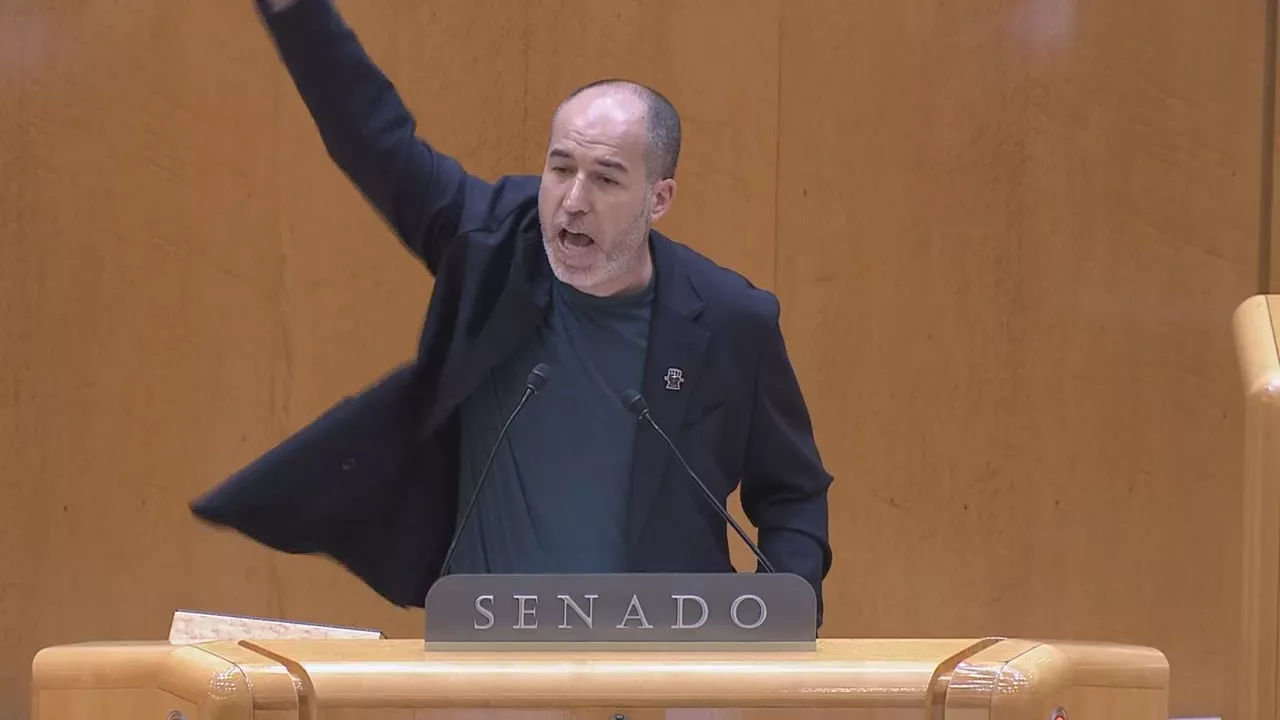
The Senate has condemned the recognition of the state's role in the 1976 massacre in Vitoria, in a fierce debate
Tension has heightened when EH Bildu Senator Josu Estarrona, looking at the PP chair and with his fist held high, said, "We are the grandchildren of the workers you couldn't kill!" Javier Arenas (PP) has asked the Presidency to withdraw Estarrona's phrase, and Senate Vice President Javier Maroto has proved him right.

Pradales has urged the EU to work "from unity" in de-escalating the conflict between the US and Iran
The President, Imanol Pradales, has urged the European Union to work "from unity and with one voice" in de-escalating the conflict between the United States and Iran, and to agree beforehand on differences between states because "division in Europe is not positive."

Feijóo meets with Aitor Esteban: "I like the Gernika Statute as it is"
The President of the PP has stated that he is concerned about the reform that is supposed to be "signed by Bildu." PNV sources, for their part, have confirmed to EITB the meeting of the two leaders. They have indicated that they usually hold meetings "with all democratic parties" and have not given details of its content.
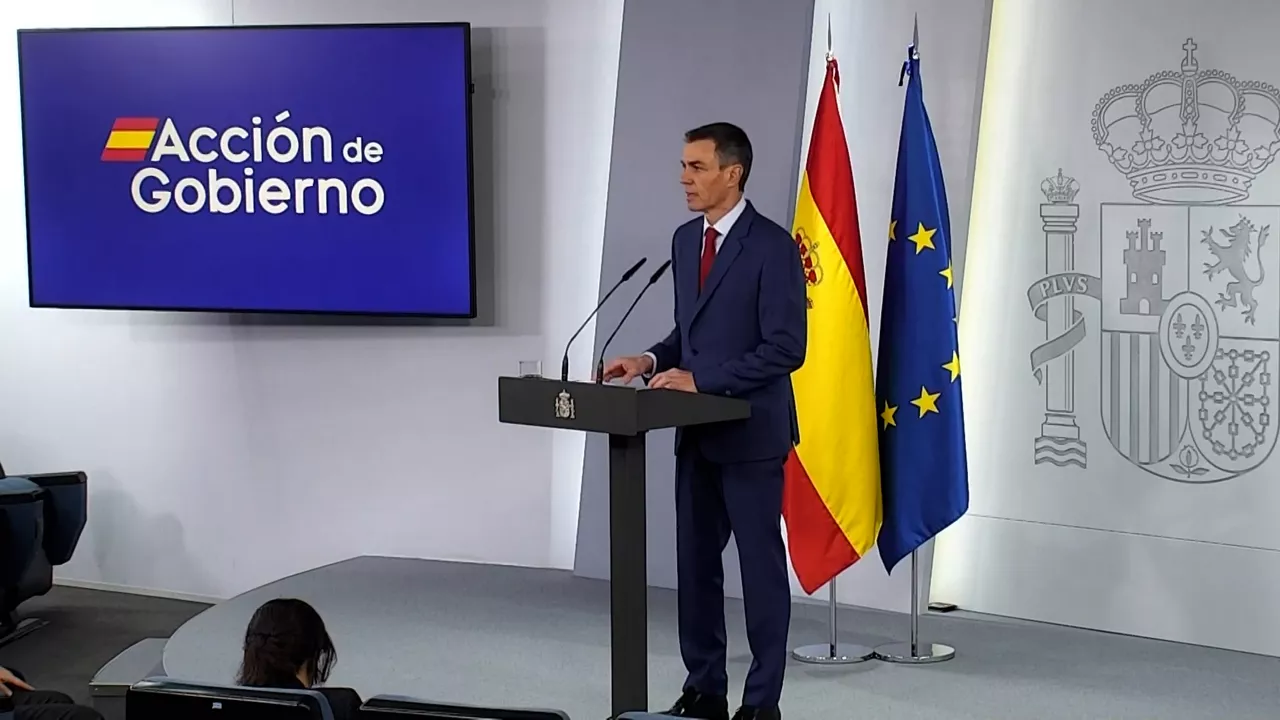
Sanchez's appearance in five headlines
Pedro Sanchez recovers the slogan "No to war" that became popular with the invasion of Iraq in 2003 in the face of the conflict in the Middle East and warns that Spain will not be complicit in anything bad for the world, for fear of reprisals by some, alluding to Donald Trump.
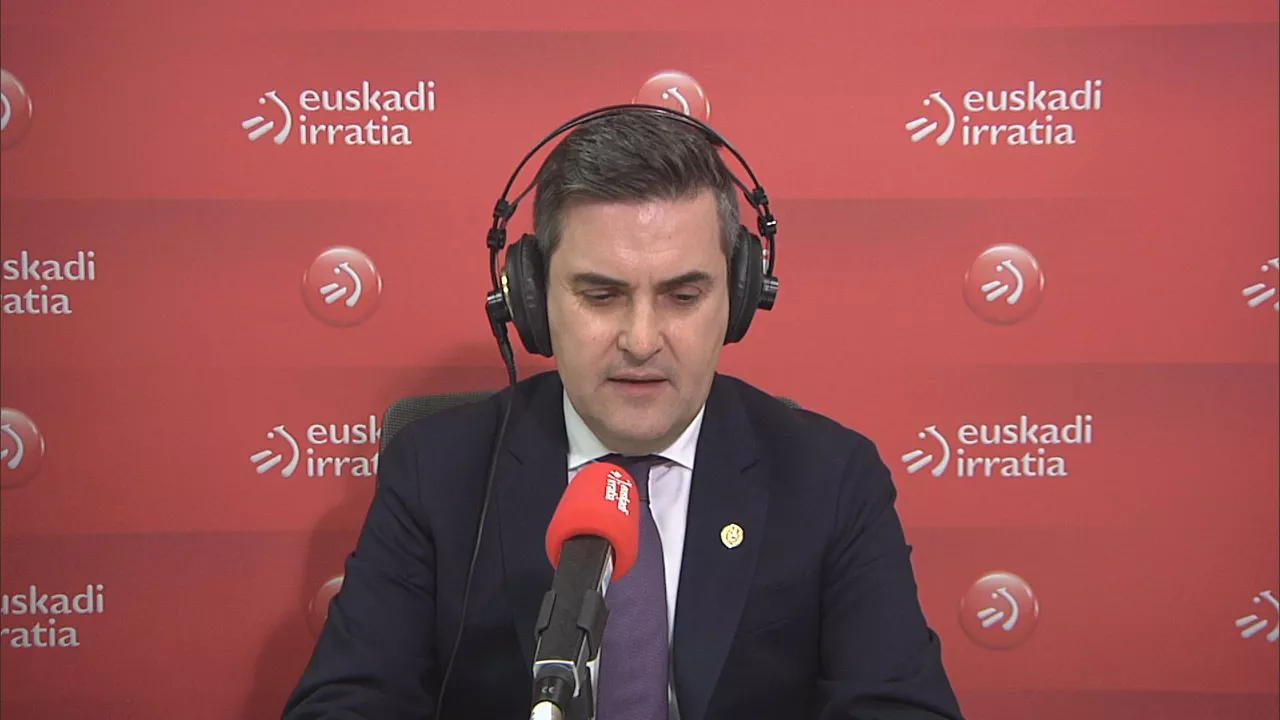
Jáuregui believes Trump would have "difficulty" in cutting off trade relations with Spain because Europe is "the only market."
The Minister of Industry, Energy Transition and Sustainability of the Basque Government, Mikel Jauregi, has stated in Euskadi Irratia that Trump would have "difficulties" in applying the trade blockade to Spain because Europe is "a single market." He has stressed that Europe's strength is "in unity." Hala
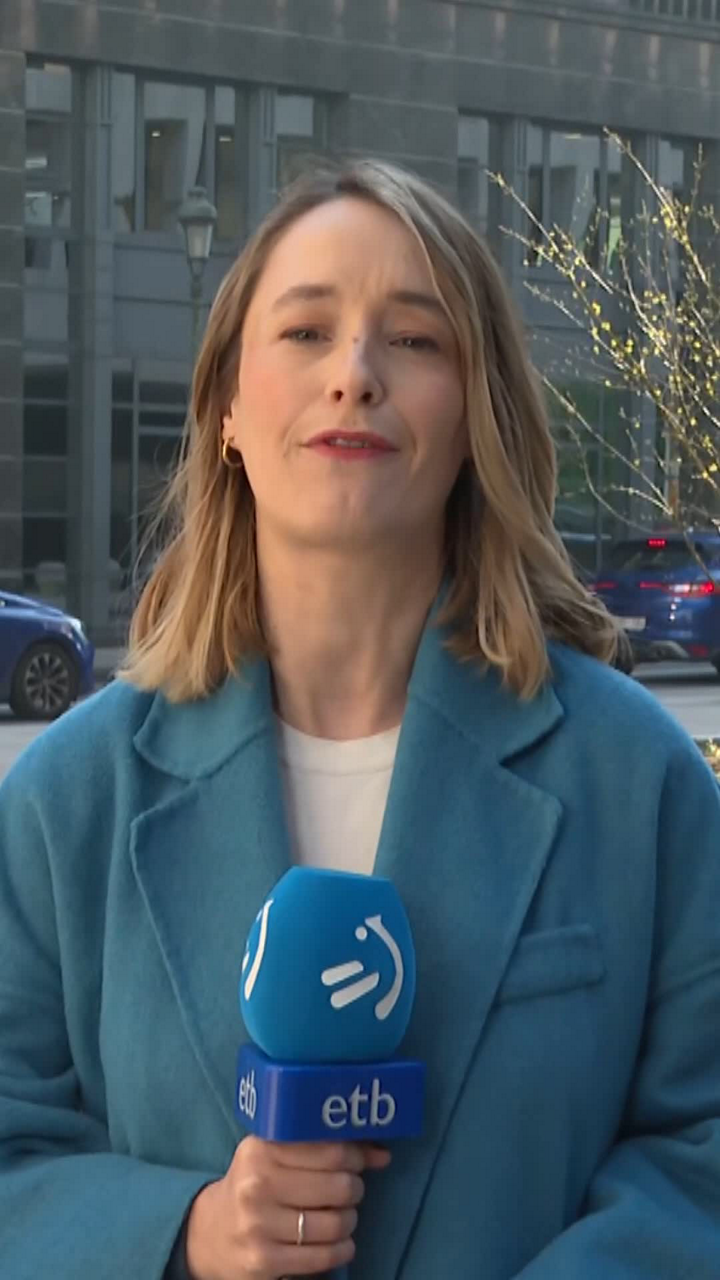
"President Pradales has several issues on his agenda to address in Brussels."
Garazi Ayesta stresses that the industry will play a key role in the lehendakari's visit to Brussels. In the afternoon, he will meet with the Belgian Prime Minister and is expected to put the Euskera on the table as an official in the European institutions.
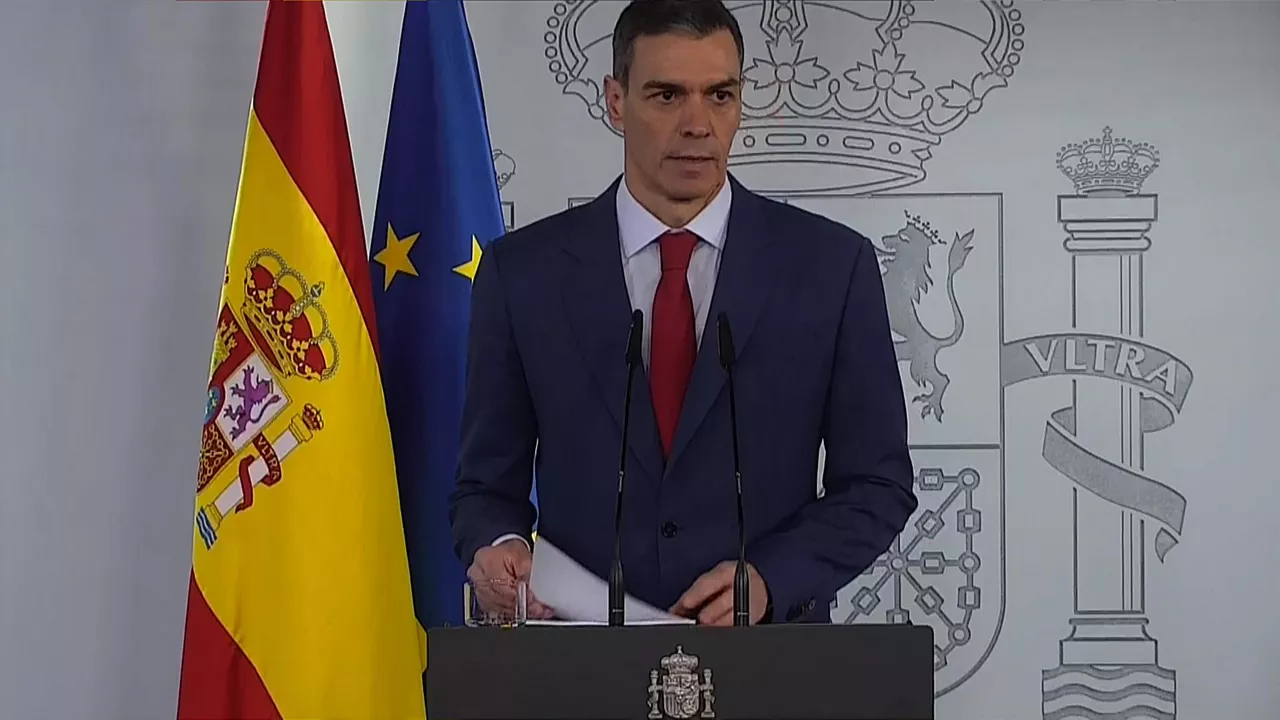
Sanchez: 'No to war' summarizes the Government's position
The President of the Government, Pedro Sanchez, has assured us that the Government's position on the war conflict in the Middle East caused by the US and Israel attacks on Iran is summarised in two words, "No to war," a slogan that was circulated simultaneously in connection with the 2003 Iraq war.

Sanchez will respond to Trump at 9:00, who has threatened to cut off trade with Spain
The President of the Spanish Government will appear in La Moncloa after growing tension with Washington over the war in Iran and the use of military bases.

